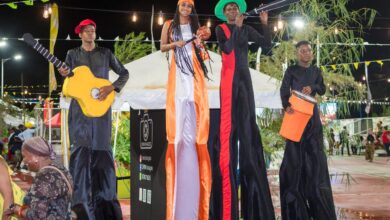Uber’s Enhanced Late-Night Safety Options Can Help Put Your Mind at Ease


Uber will roll out new features soon to help passengers feel more safe and comfortable on their rides. According to a press release, Uber will launch a one-stop destination that allows passengers to customize safety settings through four features from inside the app.
The pre-existing features will offer enhanced options like automatically sharing a trip based on how far from the original ride the car is or whether the ride is taking too long. Before the new one-stop area, passengers would have to manually use the safety features. Now, they can enable them to happen on their behalf.
With Ingenuity Came Risks
Uber launched in 2010 and originally intended to help people find luxury rides more quickly than traditional cabs. In the beginning, the rideshare app seemed to be ahead of its time. It allowed independent contract drivers to work when and how long they chose to, without utilizing scheduling or having a specific time commitment in advance. It also allowed passengers to schedule rides on demand, without calling or pre-scheduling pickup.
However, with that ingenuity came new opportunities for risk. The safety of the driver, the potential for danger for the rider, and the general lack of safety measures made many riders, especially those traveling alone, feel concerned about the app’s use. Now, the rideshare app is set to roll out several updates and customized versions of features designed to make riders feel safer on their journeys.
Automation and Updates
The first feature is an optimized pin verification. Users will be able to determine a specific day or time, like nights or weekends, that they want pins to be required checkpoints at the start of their journey. Before entering the vehicle, passengers can check that the driver has received a certain pin to verify the trip. Before the recent change, users could only optimize the feature by setting it to on, off, or “night” only.
Another addition is the updated Share My Trip feature that can be enabled by location. If a passenger is dropped off outside a certain distance of the original destination, the Share My Trip option will automatically send the live location of the phone to a designated person. Designees can be family, friends, or whoever the passenger decides. Initially, Share My Trip would have to be done manually each time.
RideCheck, which was first rolled out in 2018, will also be updated with automation. The new customizable options allow users to have Uber contact the person if the ride goes too far off course.
Finally, Uber is adding an option to record every ride through its audio recording option. Users of the app can turn on this feature to record an encrypted version of every trip sent to Uber. This is helpful in the rare case something goes wrong or the user experiences danger during the ride.
Once set, each of these preferences will be applied automatically, unless changed by the rider.
Source link : travelnoire.com





















































